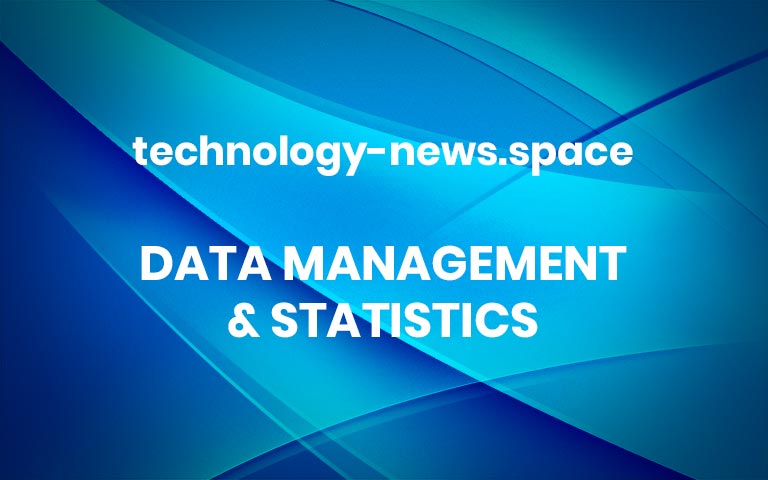3 Questions: Why sensing, why now, what next?
Sensors are everywhere today, from our homes and vehicles to medical devices, smart phones, and other useful tech. More and more, sensors help detect our interactions with the environment around us — and shape our understanding of the world. SENSE.nano is an MIT.nano Center of Excellence, with a focus on sensors, sensing systems, and sensing technologies. […] More


